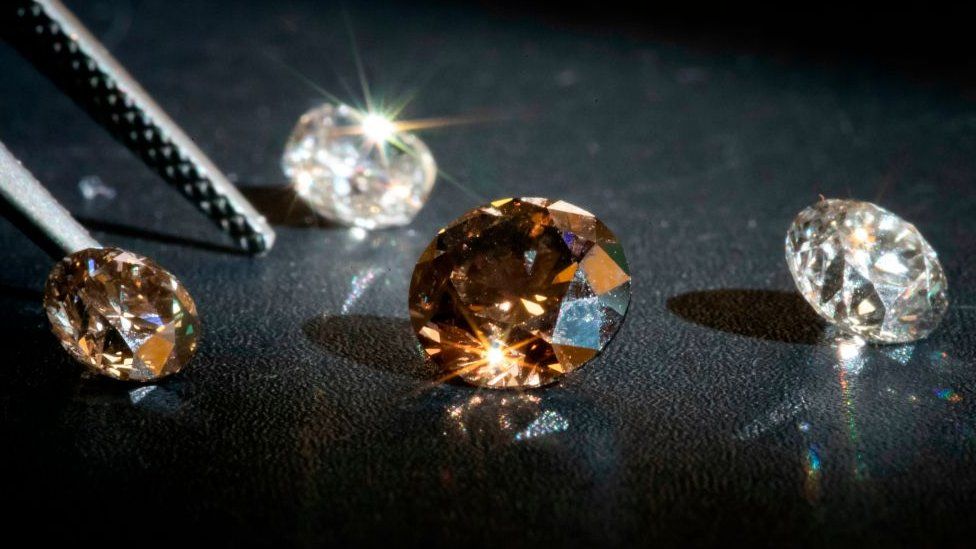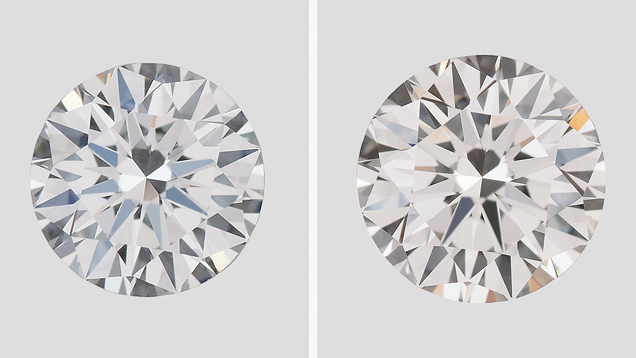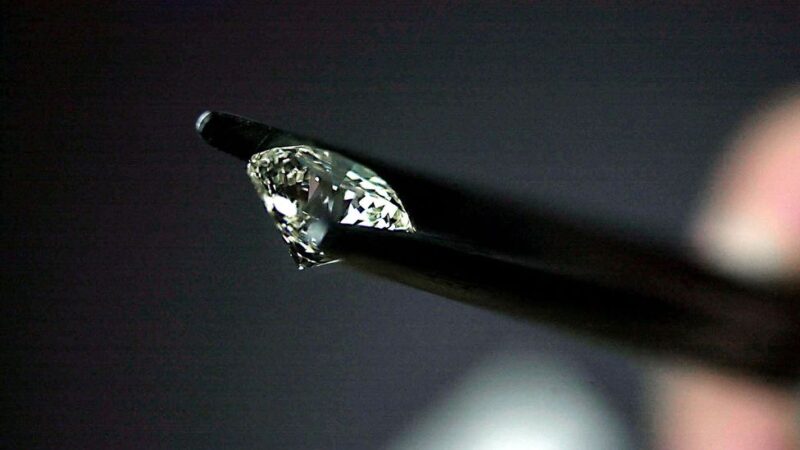The UK diamond industry is going through an unprecedented period of change. As the world shifts to a more digital, sustainable, and ethical way of living, the market for diamonds is undergoing a dramatic transformation. In this article, we will explore how lab-grown gems are beginning to take center stage in the UK diamond industry and what that means for its future.
Join us as we examine both sides of this fascinating story – from why traditionally mined diamonds remain so popular to what opportunities lie ahead with lab-grown alternatives. Prepare yourself now for an in-depth look at one of Britain’s most iconic industries as it enters an uncertain but potentially rewarding new era!
UK Diamond Industry

The UK diamond industry is facing a seismic shift as consumers increasingly turn to lab-grown gems for their jewelry and watch needs. In the past, diamonds were mined from natural sources, but today’s technology has enabled labs to create diamonds that are identical in every way.
Lab-created gems offer a more ethical alternative to traditional mining practices, with a much lower environmental impact due to less energy being used in production.
With prices often significantly lower than those of mined stones, Lab grown diamond engagement rings uk have become an attractive option for many consumers looking for beautiful jewelry without breaking the bank.
The future of the UK diamond industry lies firmly in its ability to adapt and embrace this new technology while still maintaining its reputation as one of the world’s leading suppliers of fine gemstones.
To make sure they stay ahead of the competition, British companies must invest heavily in research and development initiatives so they can continue producing some of the finest quality lab-created diamonds available on the market today.
Additionally, it will be important for them to focus on educating customers about both types of stones so that they feel informed when making their decision between natural or synthetic options.
Ultimately, whatever direction is taken by these businesses will depend greatly on how well they can respond quickly yet responsibly to changing consumer trends within this ever-evolving sector – something that should ensure that Britain remains at forefront of diamond innovation for years to come.
Lab-Grown Gems and Their Impact on the Market

The UK diamond industry is facing a seismic shift. With the increasing popularity of lab-grown gems, questions are being raised as to whether traditional diamonds will eventually be replaced by these man-made alternatives.
Lab-grown gems have been created in laboratories specifically for use in jewelry, and they can offer many advantages over natural diamonds – from their lower cost to their ethical sourcing. However, some drawbacks must be taken into consideration when making the switch from traditional diamonds to lab-grown alternatives.
This article well explores the current state of the UK diamond market and what could happen if it shifts toward lab-grown gems. Well, look at how consumers may benefit from choosing lab-created stones instead of mined ones, and examine any potential challenges that might arise for jewelers who decide to stock them.
Finally, well consider what effect such a transition could have on both businesses involved in producing artificial stones as well as those who continue to mine and sell natural diamonds.
Challenges Facing Natural Diamonds in the UK

The UK diamond industry is facing a new landscape as lab-grown gems become increasingly popular among consumers. This shift presents some unique challenges for natural diamonds, which must compete with the lower cost and greater ethical appeal of their manufactured counterparts.
One challenge natural diamonds face is that they are becoming more expensive due to increased production costs. Consumers looking for affordable options may opt for lab-grown alternatives instead of traditional stones.
Additionally, there has been a decrease in demand from jewelry manufacturers as well as retailers who prefer synthetic stones over mined ones due to their uniformity and consistency. Natural diamonds also have an image problem: many people perceive them as overly luxurious or elitist, making them less attractive than other types of gemstones on the market today.
Finally, competition from burgeoning markets such as India and China could further reduce demand in the UK diamond industry if these countries continue to grow at a rapid rate.


